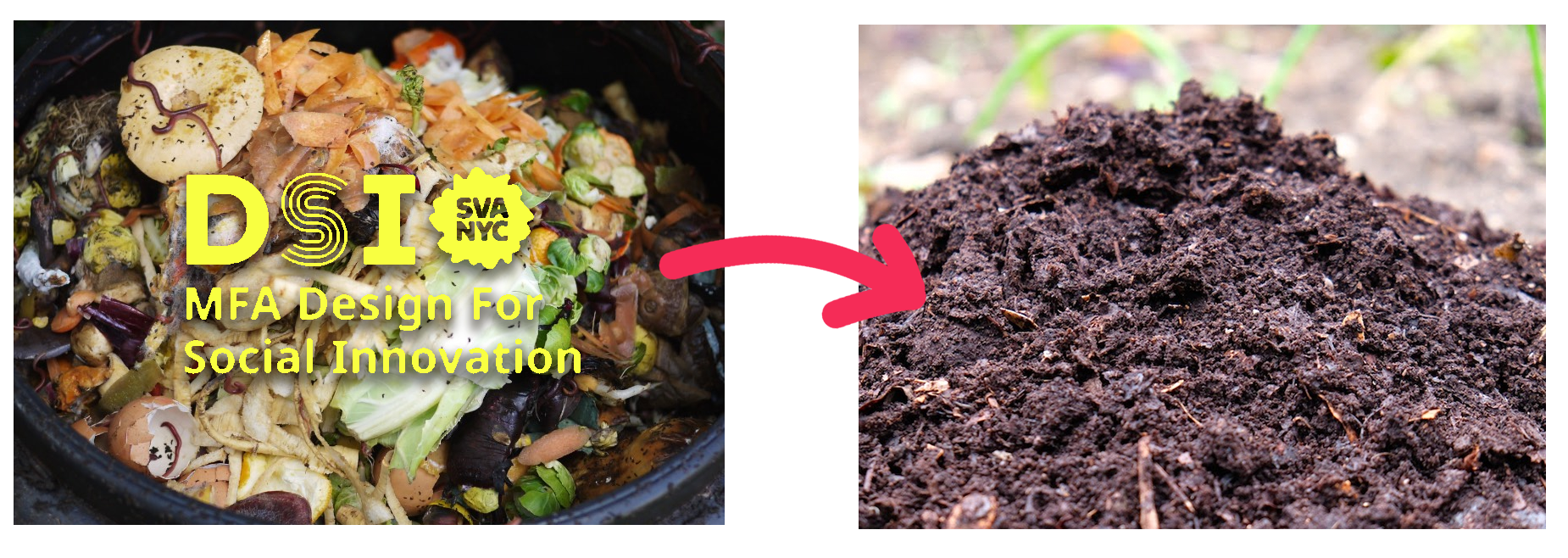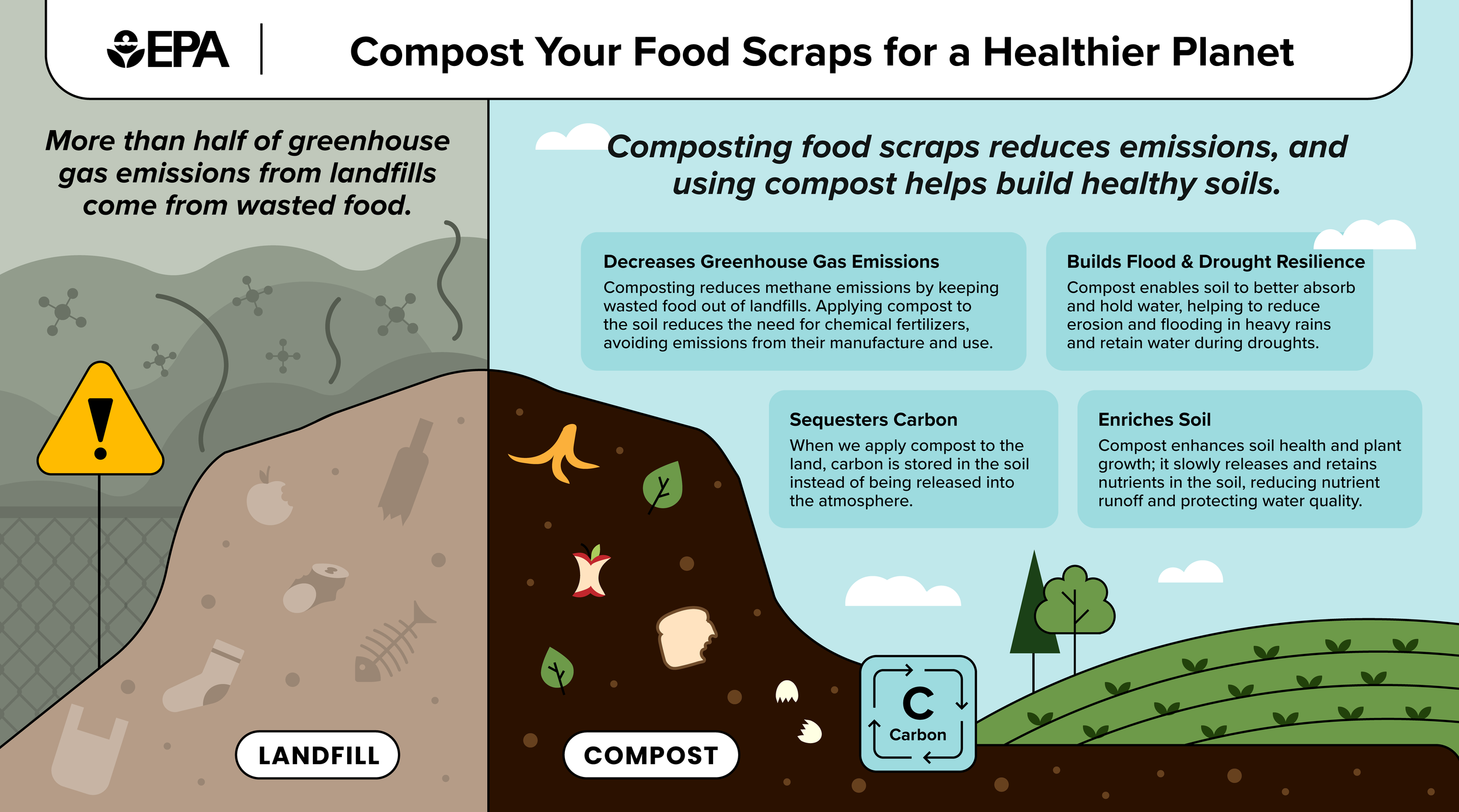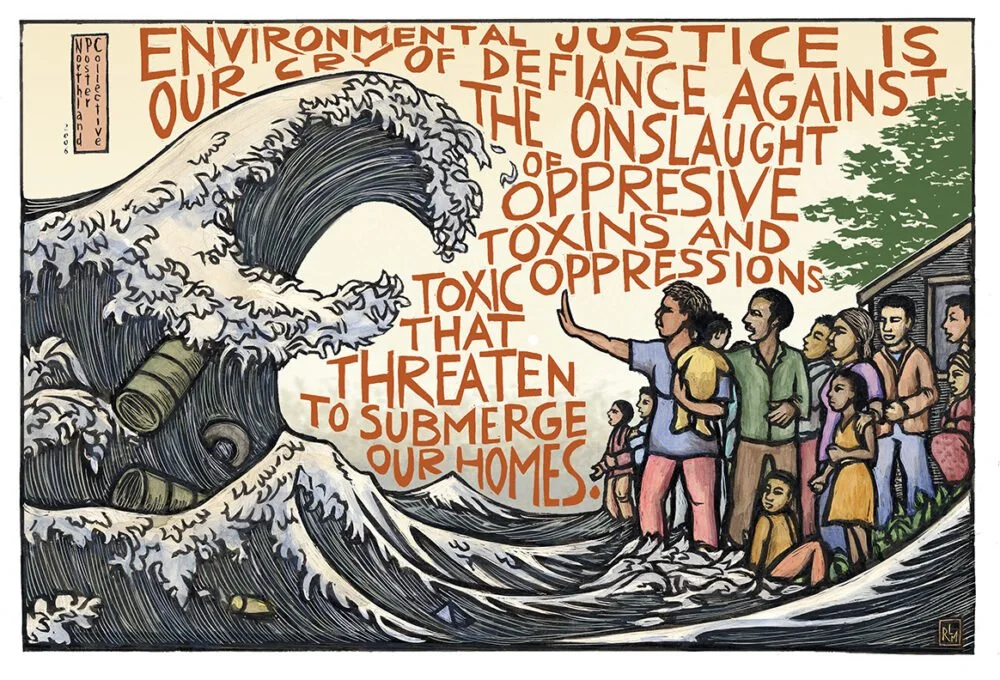Reducing waste,
Supporting the cycle of life (& death)
CONTEXT
Design for Social Innovation (DSI) is a master’s program from the School of Visual Arts (SVA) in New York City.
I graduated from the program and returned a few years later as an adjunct professor. During the fall semesters, I teach a class called Understanding Natural and Social Systems (UNSS).
THE PROBLEM
Currently, as far as I know, the entire SVA does not sort its waste. DSI has recycling and trash bins, but students report that the contents of both often end up in the same place, bagged as trash to be transported to landfills.
We will collect the food scraps produced at DSI
THE OPPORTUNITY
While fixing the business/commercial waste management systems in NYC, and therefore the rules by which SVA is mandated to manage its waste, is beyond my scope of influence, I see an opportunity to divert some waste from landfills while educating students and staff about composting, and its connection to environmental justice and social justice.
In the past, students in various cohorts have expressed concern and interest in waste reduction.
The proposal is to:
Teach/expose DSI students and staff to composting. I will share materials and knowledge acquired in the Master Composter Certificate. (I already have buy-in from the Chair of the department to pilot this project.)
Recruit a group of students (up to 6) to work with directly to design the system.
With student and staff input (participatory process), set up a system to collect food scraps produced at DSI.
Choose a bin/receptacle and a place to keep the bin.
Design and print signage and other educational resources.
Source and stock sawdust, newspaper, or other browns at DSI to reduce odors.
Students and/or I will drop off the food scraps at the Union Square Greenmarket (12-minute walk) on Mondays, Wednesdays, and/or Fridays, 8am - 5pm.
I will start this project when the Fall 2025 semester starts, at the end of August.
DSI’s food scraps will be transformed into compost!
This project may open doors to collaborate in some way with the Lower East Side Ecology Center (given that they will be receiving our food scraps) and/or other urban ecology organizations in the area. It can also become an inspiration for students to become volunteers at community gardens or other organizations stewarding the land in NYC.
Teaching about community composting will also be a way to introduce students to Environmental Justice.
What is accepted in community composting
👀❗Please note that community composting is not the same as curbside composting!
✅ Accepted: Fruit and vegetable scraps, nongreasy food scraps (e.g., rice, pasta, bread, grains, cereal), coffee grounds and filters, tea bags, eggshells and nut shells, stale beans, flours, spices, cut flowers, houseplants, and potting soil
❌ NOT accepted: Meat, fish, bones, dairy, fat, oil, greasy food scraps, animal waste, animal bedding, charcoal, insect-infested plants, plastics, twist ties, rubber bands, metal, or glass.
Resources
Environmental Justice by Ricardo Levins Morales






